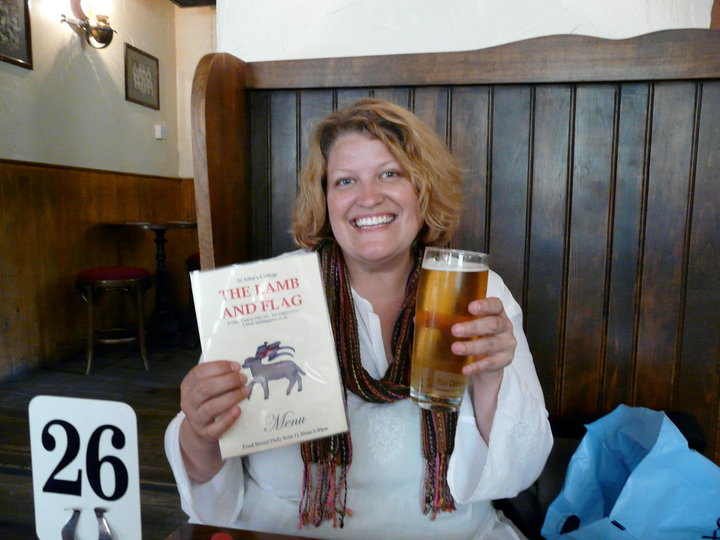|
This last year I moved from my small liberal arts private college to a much larger public-funded state university. During this move, I have learned a great deal about government-run institutions and have begun a dialogue regarding how to be a Christian in public school. When I type out the words “Christian” and “public school” I begin to get a little nervous. Thinking that perhaps a mob of strangers will be at my door screaming about the separation of church and state! Spirituality at work is an area that many teachers, caregivers, and professors deal with on a daily basis, but rarely discuss. In Dallas Willard’s article, The Call to Think for God (1988) he states that “…the Christian who expresses concern about this balance is rarely if ever, concerned about being too spiritual” (page, 2). This statement can mean two different things. I have heard talk that the court of public opinion thinks that college professors are communist and Christian students need to be mindful when they go to college to not take in all the liberal ideals. The second way to interpret this statement is from the vantage point that Christian teachers are trying not to say overly spiritual things in their classroom, as to not offend anyone. The separation between spiritual and the secular is evident in the fact that I do not call myself a “Christian scholar” or a “Christian professor” or even a “Christian artist.” I am a Christian whether I mention it in my classes or not. Therefore, being a Christian is how I do all things. Being a Christian is the lens through which I view the world. Hughes, (2005) asks, “do we have an identity that stands at the core of our being, an identity that informs every other aspect of our lives and around which every other aspect of our lives can be integrated” (Page, xvii)? C. S. Lewis was a great example of how an academic scholar can balance or even work harmoniously merging their worlds of being a Christian and being an academic. Bruce Edwards (1998) explores C. S. Lewis’s Christianity and scholarly writings to determine that he was “a man who refused to compartmentalize his faith or his vocation” (page, 2). C. S. Lewis who taught at both Oxford University and Cambridge University is best known for his works of fiction, The Screwtape Letters, The Chronicles of Narnia, and The Space Trilogy. He also wrote the non-fiction book Mere Christianity. When visiting London in 2010, I learned that C. S. Lewis was criticized for writing to a popular audience instead of more scholarly writings when he was a Professor at Oxford University. We toasted him at his old pubs of the Lamb and Flag and also at the Eagle and Child feeling like we needed to raise two glasses to this professor for reminding us to get out of our ivory towers and appeal to the masses. C. S. Lewis’s faith was not set aside while he did his job or even went about normal daily activities. There was a seamless connection between the two worlds or a philosophy that the worlds were not separated. Pointed out in Willard’s article is the connection in the gospels of Matthew, Mark, and Luke the connection to loving God, “with all your heart, soul, mind and strength” (strength omitted in Matthew), Matthew 22:37, Mark 12:30, and Luke 10:27. Reframing this thought as our intellect or mind as a spiritual gift leans itself to the connection between our academic world and spiritual world. Romans 12:6-8, lists the spiritual gifts of “prophecy, serving, teaching, exhortation, giving, leadership, and mercy.” What is our role in education if not serving, teaching, and leadership? In public school we as teachers have been taught to not disturb the norm and accommodate to the current wishes, but does that mean we should not unapologetically love our students? C. S. Lewis “rejected the split between the sacred and the secular” (Edwards, page 5) and in doing so found the balance for his life. I am still striving for this balance in my world but reframing the conversation in terms of my spiritual gifts is a start. References Edwards, B. (1998). C. S. Lewis: Public Christian and Scholar. Retrieved from: http://personal.bgsu.edu Willard, D. (1988). The Call to Think for God, commencement address. Retrieved from: http://dwillard.org Hughes, R. (2005). The Vocation of a Christian Scholar: How Christian faith can sustain the life of the mind. William B. Eerdmans Publishing, Cambridge, UK.
4 Comments
|
Professor CharityI teach future art teachers at Emporia State University. Here is what is going on in my classes. Archives
January 2023
Categories
All
|
